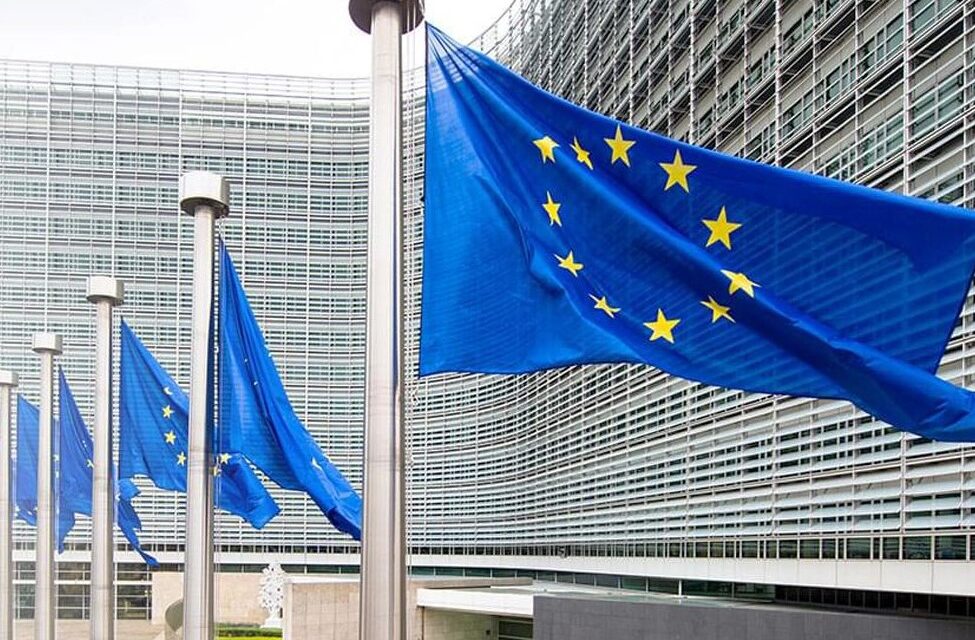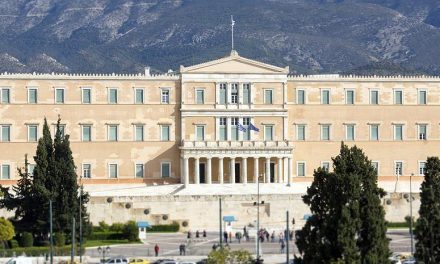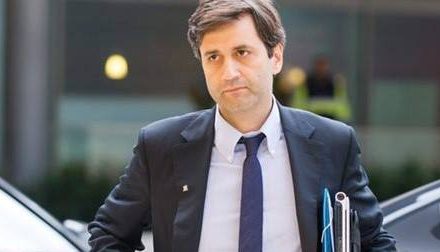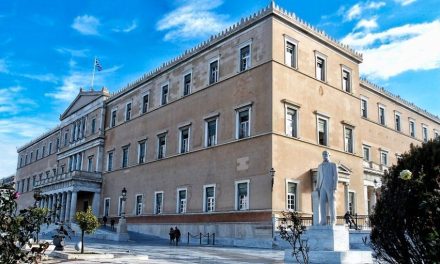The new composition of the European Parliament and, above all, the new European Commission, as it will be formed, will reflect the results of the recent elections and will have to manage a number of very important issues; in many cases, it will be necessary to do so in a very decisive way.
Think tanks diaNEOSis and ELIAMEP have collaborated to publish a report with four expert analyses under the title “Challenges and opportunities in the new political cycle of the European Union” (pdf, in Greek). These papers provide a detailed examination of the major challenges post-EP elections in four critical areas: defense, EU enlargement, economic governance and the Stability Pact, and asylum and migration policies.
These are all “hot” policy areas, which require an urgent, European response. As Professor Emeritus at National and Kapodistrian University of Athens, professor at Sciences Po and chairman of the board of ELIAMEP, Loukas Tsoukalis, writes in his introduction, emphasizing the need for these challenges to concern the citizens collectively, “a European public space, multinational and multilingual, is not is now a utopia. On the contrary, it is the condition for all of us to build our common home in Europe, in combination with more decisions in European councils that will be taken by majority”.
Defense
The war in Ukraine brought defense issues as a common European issue to the fore. The text on defense is signed by Spyros Blavoukos, professor at the Athens University of Economics and head of the European program “Arian Kontelli” of ELIAMEP, together with Panos Politis-Lamprou, assistant researcher at ELIAMEP. Their analysis presents the joint defense initiatives before 2022 – with the Maastricht treaties in 1993 and Lisbon in 2007- and goes on to analyze the recent Versailles declaration, signed just two weeks after the start of the war, and how it is being implemented.
Of course, despite the steps taken, many challenges remain. These are mainly related to the financing of the various initiatives, their institutional organization, but also their political management. And of course, how these initiatives can develop into an integrated European defense policy. But where does Greece stand in this context? “The developments create an important window of opportunity for Greece,” the authors argue. “For the first time, the EU is investing strongly in the defense industry and is discussing a common defense. Given the geopolitical conditions prevailing in the Aegean and the Eastern Mediterranean, strengthening this prospect must be a priority for our country, which must continue to be in the vanguard of the EU member states in this field, without neglecting its national deterrent military capabilities.”
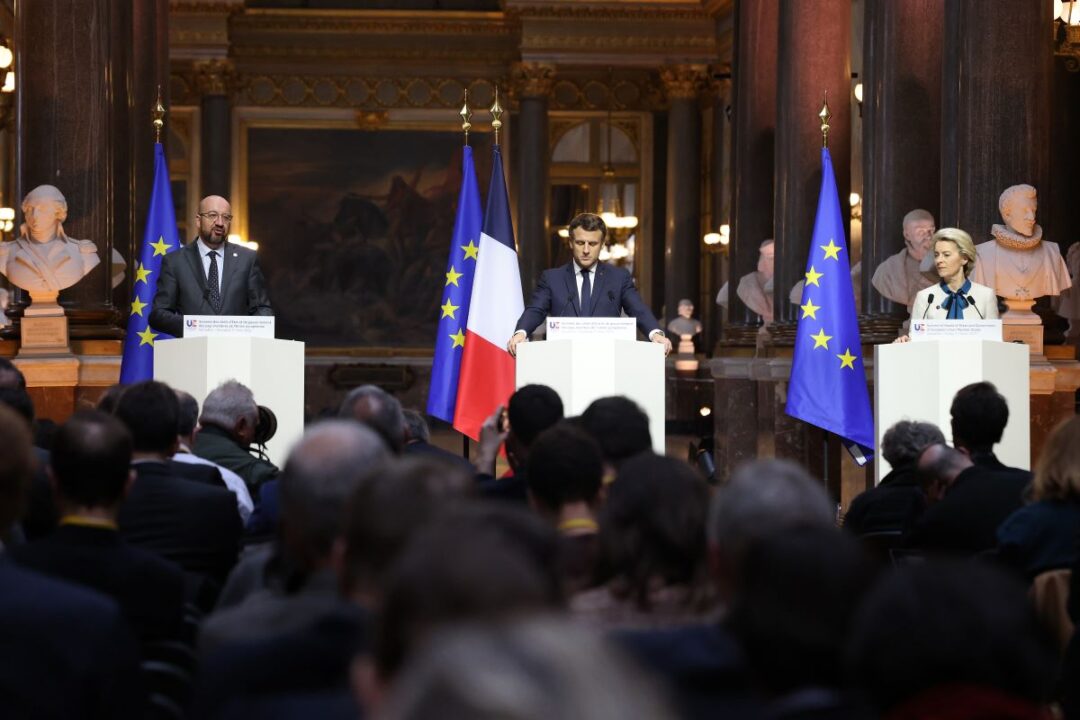
Enlargement
The war in Ukraine was also a catalyst for the enlargement of the Union. As in the previous phases of EU enlargement, so today, the respective reasons and concerns are both political and economic, which becomes evident by looking at the list of candidate countries for membership after 2023, whether they have started negotiations or not : Ukraine, Moldova, Georgia and Bosnia and Herzegovina. The analysis, signed by the associate professor at the University of Macedonia, Ioannis Armakolas and the journalist Alexandra Voudouri, both collaborators of ELIAMEP, highlights and comments on the challenges of a possible new enlargement.
How will it affect Union budgets? Which countries are likely to lose European funds because of new members? How feasible is it for the candidate countries to immediately proceed with the institutional and economic reforms required by the accession process? “The EU needs to offer a credible ‘road map’ for the deeper integration of candidate countries in the coming years, as well as clarity about its own path for the necessary reforms,” the authors note. “There should be, after all, a common approach linking reforms and enlargement in a gradual way, as well as a mechanism to ‘measure’ the corresponding progress.”
Economic governance and the Stability Pact
The great importance of a functioning and effective European economic governance became known in Greece in the previous decade of the crisis, often painfully. But it became more widely recognized in the Union, especially after the introduction of the euro, that at least a degree of coordination of national fiscal policies is required for the stability of the new currency. The Stability and Growth Pact (SGP) introduced in 1997 and based on the Maastricht Treaty is the key tool: it sets limits on the budget deficit and public debt of member states. Of course, it has not remained unchanged since the 1990s, nor has it ever been followed to the letter by all countries. In 2008, 2011 and 2013 it changed with the global crisis and then with the euro crisis. In 2020 it froze and changed again with the pandemic crisis, while from the spring of 2023 a new framework has been adopted.
The analysis by Athens University of Economics and Business professor George Oikonomides looks back at the past of European fiscal rules, but also analyzes the most recent update of the SGP. Commenting on how this will affect Greece, he notes: “Among the positives of the proposed revision of the SGP as far as the Greek economy is concerned, one could note the exemption of public debt service interests from the new operational index – although public debt service interests low right now for our country, they are expected to increase significantly after 2032. Finally, the exemption of defense expenditures (as our country exceeds the average corresponding EU expenditures) or the exemption of other investment expenditures will be important, if implemented, as this will add degrees of flexibility to a particularly tight national fiscal framework.”
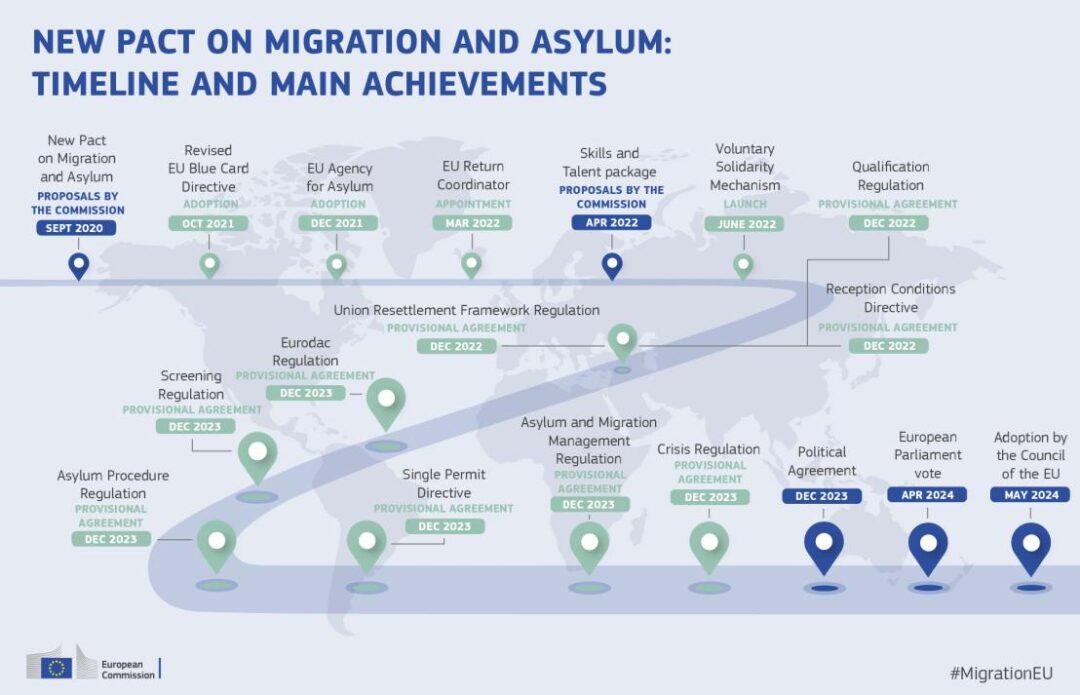
Immigration
A few weeks ago, on May 14, the European Council adopted a new framework for the management of refugee and migration flows, the Pact on Asylum and Migration. This new framework, which consists of ten legislative texts, regulates the management of migration flows, ensuring both the external relations of the EU with the rest of the world and the internal balances between the member states.
It is well known fact how charged a topic immigration and refugees are in the countries of the European Union – something that was confirmed anew by the recent election results. In her enlightening text, Maria Gavouneli, professor at the Faculty of Law of the Greek National Academy of Sciences and general director of ELIAMEP, comments both on the main impasses of the past in managing of immigration, as well as on the main pillars of the recent Pact. It explains in detail what this means for guarding borders, for asylum procedures, for solidarity between countries in managing flows, but also for the integration of migrants.
Of course, many very important challenges remain. “The debate on immigration as a challenge, a problem, a natural phenomenon, an economic necessity, a social parameter, is an integral element of the political discourse and ultimately of the political confrontation, not only in developed countries but also in the Global South,” the author of the chapter underlines. “As the pre-eminent destinations of refugee and migrant flows, European countries, and thus the European Union, act as a laboratory for political, social and ultimately legal experimentation. The Pact on Asylum and Migration is just that: an experiment. It is obvious that the proposed approaches and the possible solution are as demanding in their conception and implementation as the real problem they seek to address. We are still at the beginning of the complex legal and political management of a phenomenon that is absolutely related to human history.”
I.L. translated from diaNEOSis article by Ilias Nikolaidis
TAGS: EU POLITICS | EUROPE | GREECE IN THE EU | INTERNATIONAL RELATIONS

